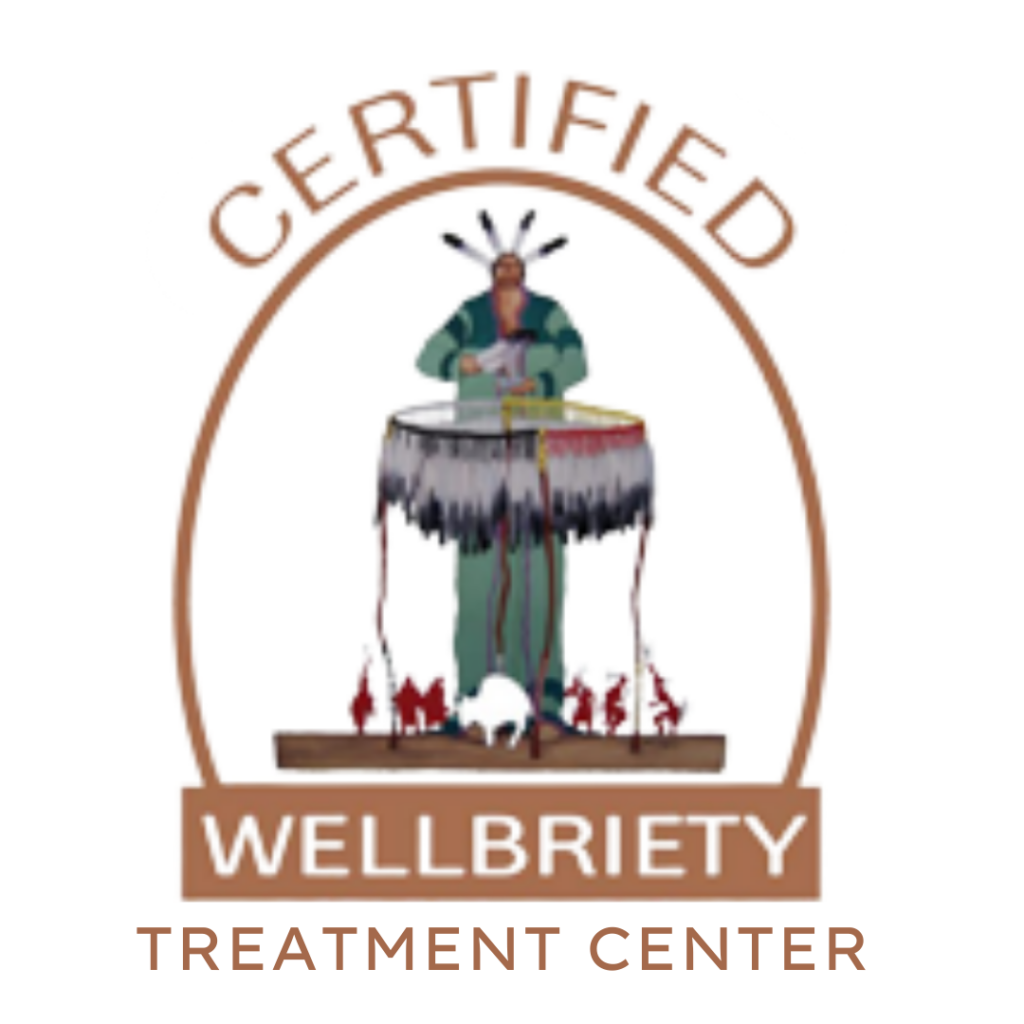After completing detox and inpatient treatment at a detox/residential facility, those with a substance use disorder have the option to move into a sober living facility and complete an outpatient program. Deciding whether sober living is right for you should be based on your unique treatment needs and what approach to continuing treatment/aftercare is most conducive to your recovery.
Sober living homes, or halfway homes, are group living arrangements designed to help those overcoming substance addiction to reintegrate back into society. Most people who live in halfway are receiving care at the PHP, IOP, or OP level, and house programming and rules vary by treatment program. In general, though, sober living requires that residents:
- Help with weekly chores
- Attend house and community 12-step (AA, CA, NA) meetings and/or therapy/group
- Consent to regular drug/breathalyzer testing
- Observe a set curfew
- Refrain from all substance use
Staying at a sober living home while you complete an outpatient program may be right for you if:
You want to be held accountable.
Because most sober living homes require that residents comply with a set of rules, living at one will ensure a level of accountability that you might not have living at home or on your own in early recovery. Your house manager and program staff will likely expect you to be home every night by curfew, be on time for meetings, and complete your chores as needed.
Being held responsible for your actions serves as motivation. If, for example, attending AA meetings is important to you but you are not completely confident that you’ll get to them on your own, living at a sober home will require you to prioritize meetings.
Some programs require that residents obtain a job within a certain time frame to stay on at the sober house, and some programs, such as the sober living program at Royal Life Centers, help residents to find employment in their area.
You lack a support system.
Having a sober support network is essential to maintaining sobriety, and without one, those in early recovery may find it difficult to abstain from substance use. Sober living provides a support network of roommates, housemates, peers, house managers, and program staff. Many or most of these people will be able to relate to your situation and provide encouragement and advice.
You want to stay sober.
Most likely, the primary reason you’d want to live at a sober home is to stay sober. Drug and alcohol use is not tolerated in sober living, so you will be at far lower risk of coming into contact with substances at home. The restrictions themselves will discourage you from using because there will be consequences.
Once you determine whether sober living is right for you, you’ll need to determine the length of your stay. You likely will not have to do this right away, but when thinking of moving on from a sober home, you should speak with your counselor and consider the following:
Your sobriety.
How stable are you in your recovery? Maybe others have told you that you’re doing well and are ready to leave sober living, but you don’t feel confident in your sobriety yet. Only you know how far you’ve come and how far you need to go to stay on the right track. You don’t want to rush into something because you feel like you should. If you’re not ready to leave sober living, you’re not ready.
Your ability to support yourself.
Rent and living expenses tend to be relatively low at sober homes, so you must make sure that your job and financial means are sufficient to support independent living.
Royal Life Centers is proud to offer the best in sober living and substance abuse treatment. Our admissions team is available 24/7 to answer any questions you may have about our programs. Please call us at (877)-RECOVERY.
























